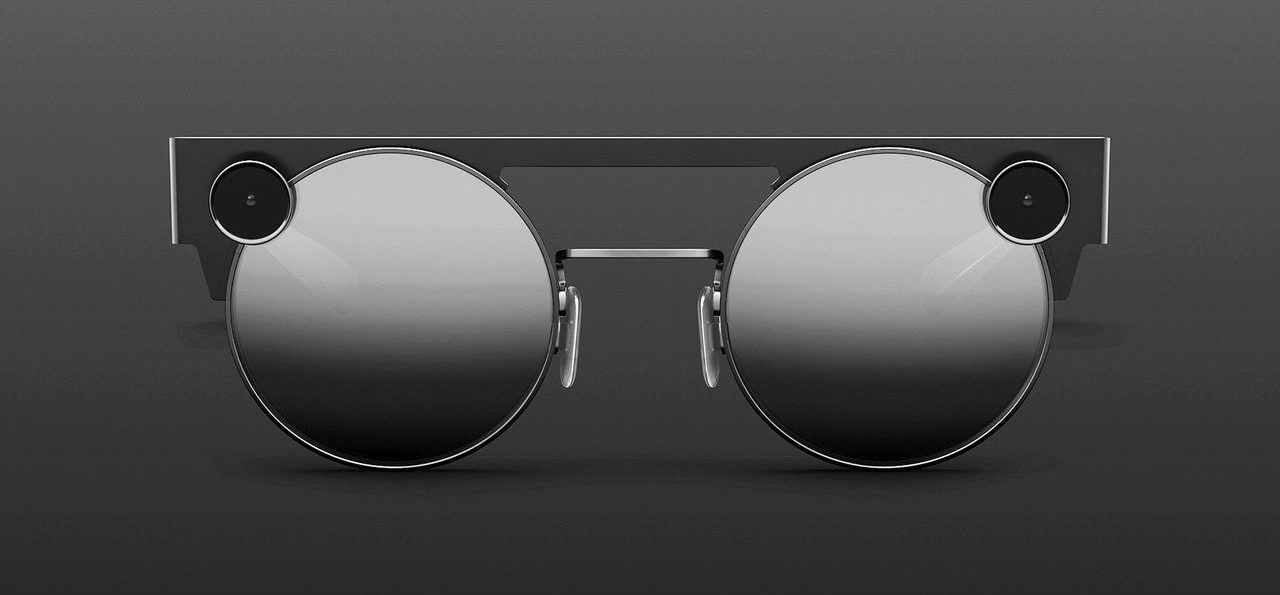PHD Denmark and Audi are heralding their success in engaging consumers in a «largely cookie-less environment» by working with Semasio, an ad-tech firm that blends contextual and audience targeting.
Using counterintuitive methods compared to traditional digital marketing, the test campaign still achieved desirable results, offering a positive sign to other companies ahead of third-party cookie deprecation.
The campaign looked at media consumption and demographic data to identify most likely buyers while forming an ‘exclusion list’ of least likely buyers. With equal spend across targeting approaches, 70% of conversions came from the audience and contextual exclusion strategies.
Frederik Meincke, PHD Denmark’s digital innovations director commented: «This was somewhat of a surprise to us, and it shows the power of taking a different approach to targeting by specifying what you don’t want instead of specifying what you do want.»
A second effort centred on applying Audi’s first-party data to focus on likely buyers through an Audience Extension tool. First-party audiences were also projected onto different websites and pages where converters were greatly overrepresented. The two phases of the follow-up campaign reduced Audi’s effective cost per acquisition by 59% and 81%, respectively.
According to estimates, Google plans to phase out third-party cookies in Chrome, a browser that controls about 60% of the market. Last week, Google said it would delay cookie deprecation until 2023. However, PHD and other players across the marketing industry are still preparing themselves for the upending of a bedrock online ad-targeting tool.



